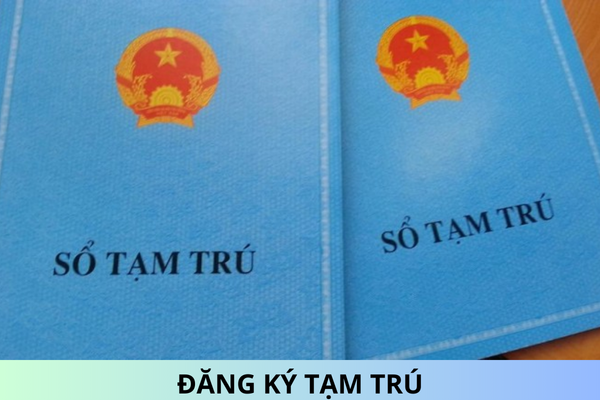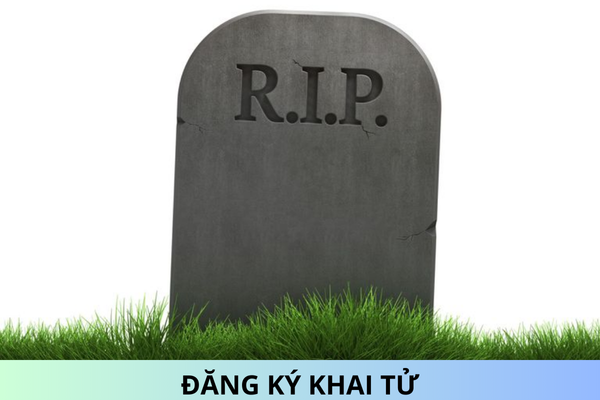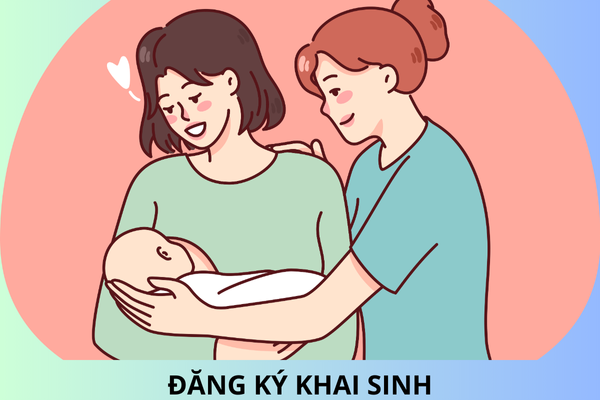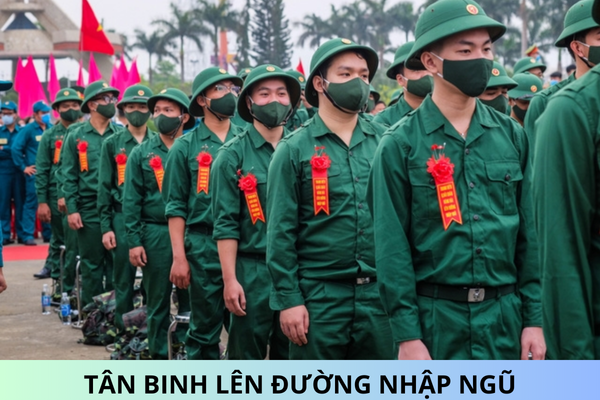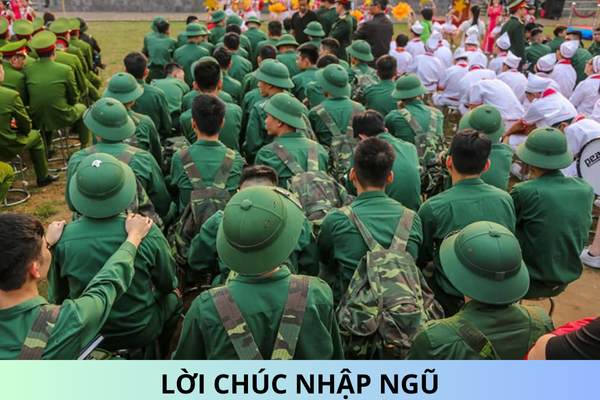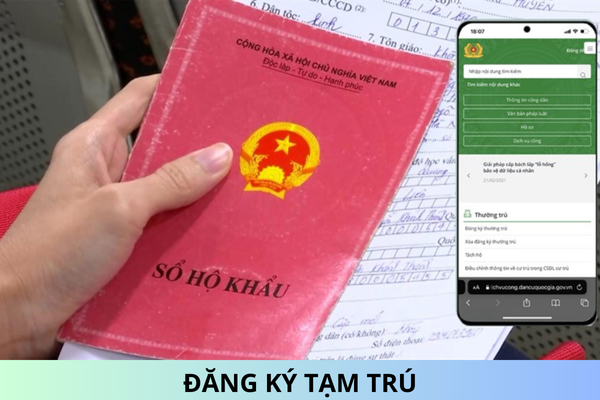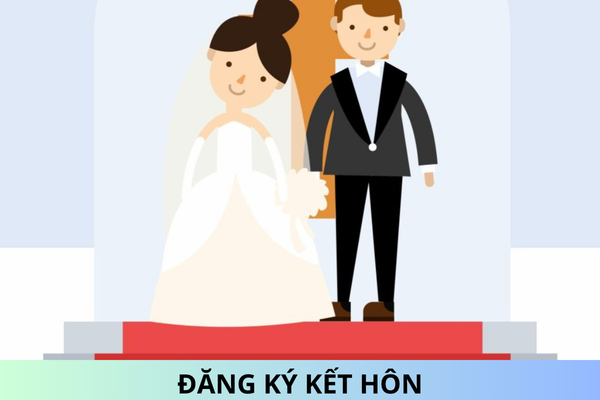If my husband's aunt does't leave a will, can my husband as grandchildren inherit in Vietnam?
If my husband's aunt does't leave a will, can my husband as grandchildren inherit in Vietnam? Are administrators of estates entitled to inheritance in Vietnam? Can I still receive my wife's inheritance if we are not married in Vietnam?
If my husband's aunt does't leave a will, can my husband as grandchildren inherit in Vietnam?
My husband is an orphan and has lived with his aunt since he was young. His aunt did not get married and stayed alone to raise my husband. When she is old and weak, my husband and I take care of her like our own parents. In the household registration book, there are only her names along with my husband and I and our 3 children. She has 3 siblings. When she died, she did not leave a will. I want to ask about the land in my husband's aunt's name, can I inherit it or not?
Answer: Clause 1a, Article 650 of the 2015 Civil Code stipulates that Inheritance according to law applies in cases where there is no will.
According to Article 651 of the 2015 Civil Code:
1. Heirs at law are categorized in the following order of priority:
a) The first level of heirs comprises: spouses, biological parents, adoptive parents, offspring and adopted children of the deceased;
b) The second level of heirs comprises: grandparents and siblings of the deceased; and biological grandchildren of the deceased;
c) The third level of heirs comprises: biological great-grandparents of the deceased, biological uncles and aunts of the deceased and biological nephews and nieces of the deceased.
2. Heirs at the same level shall be entitled to equal shares of the estate.
3. Heirs at a lower level shall be entitled to inherit where there are no heirs at a higher level because such heirs have died, or because they are not entitled to inherit, have been deprived of the right to inherit or have disclaimed the right to inherit.
Thus, if her friend dies without leaving a will, the assets will be divided according to the law in Vietnam. According to the presentation, she has 3 siblings, so the inheritance will be divided among these people (2nd row of inheritance). Only when there is no one left in the first and second rows will the child be divided.

Are administrators of estates entitled to inheritance in Vietnam?
Please ask: The will my grandmother left behind named my aunt as the guardian and administrator of the estate until I turned 18 years old (when I turned 18 years old, the will and inheritance had to be handed over to me). So does my aunt have any rights in the will? When my aunt gave me her will, she asked me to give her 20 million to return the will. At that time, I gave her 20 million, but now she asks to divide the inheritance. So do I have to divide the inheritance with my aunt?
Answer: According to the information you provided, your grandmother's will decided that your aunt is the administrator of the will and manages the property until you turn 18, but your aunt has right to manage her estate. Your grandmother leaves you until you turn 18 years old with the rights specified in Clause 1, Article 618 of the 2015 Civil Code, specifically as follows:
- Represent heirs in relations with third parties related to inheritance;
- Receive remuneration as agreed with the heirs;
- Receive payment for heritage preservation costs.
Note: In case an agreement cannot be reached with the heirs regarding remuneration, the estate administrator is entitled to a reasonable remuneration.
Thus, when you turn 18 years old, your aunt only receives management fees and estate preservation costs (if any). And your aunt is not entitled to enjoy or request to divide the inheritance your grandmother left in her will.
Can I still receive my wife's inheritance if we are not married in Vietnam?
Hello. I have questions about adopting biological children and receiving inheritance and custody rights. The problem is that my aunt had an affair with a foreign man who did not have Vietnamese civil status, and then gave birth to a baby girl, who is 6 years old this year. But because my aunt and this man were not married, the birth certificate only had my mother's name as my aunt, without the father's name. Now the baby is living with and being raised by my family. Now the baby's father wants to go through procedures to get his child back. But the problem is that before my aunt passed away, she left an inheritance but did not have authorization documents for anyone, only verbally authorized my family to keep and look after the baby until she was 18 years old, then return to her. Now the baby's father wants to go through procedures to get his biological child back. and used the reason that he wanted to travel easily to return to Vietnam to visit his children. But as far as we know, the baby's father himself does not have the financial ability to raise the baby, so we think the baby's father wants to adopt the baby to enjoy the baby's inheritance, not to take care of the baby. Therefore, my lawyer would like to ask: If after the child's father officially receives the child, can the child's father claim to divide the inheritance?
Answer: According to Clause 5, Article 630 of the 2015 Civil Code, lawful wills as follows:
5. An oral will shall be deemed lawful only if the testator orally expressed his or her last wishes before at least two witnesses who immediately thereafter recorded those wishes in writing and signed or fingerprinted the document. Such will must be notarized or certified within five working days of the date on which the testator orally expressed his or her last wishes.
According to the information you provided, your aunt only left an oral will witnessed by your family, but then your family did not record and notarize that record, so the oral will your aunt left behind is illegal.
Thus, the inheritance your aunt left behind will be divided according to the law (Point b, Clause 1, Article 650 of the 2015 Civil Code).
On the other hand, Clause 1, Article 651 of the 2015 Civil Code stipulates that heirs at law are specified in the following order:
1. Heirs at law are categorized in the following order of priority:
a) The first level of heirs comprises: spouses, biological parents, adoptive parents, offspring and adopted children of the deceased;
b) The second level of heirs comprises: grandparents and siblings of the deceased; and biological grandchildren of the deceased;
c) The third level of heirs comprises: biological great-grandparents of the deceased, biological uncles and aunts of the deceased and biological nephews and nieces of the deceased.
Based on the information you provided as a foreigner, her father has not registered his marriage with your aunt, so your niece's father does not have right to enjoy the inheritance your aunt left behind. Your nephew and your aunt's parents (if still alive) will be the heirs to this estate in Vietnam.
Best regards!
